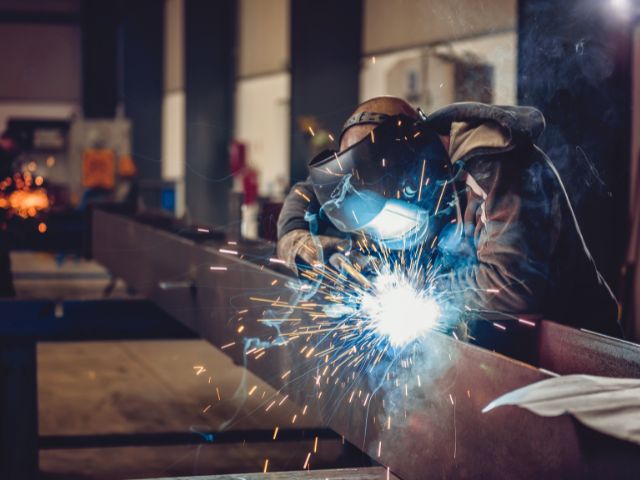

Metalworking machine shops often face a wide range of challenges due to the nature of their work and the diversity of their clients’ needs. To meet the demands of their clients, machine shops must produce high-quality metal components in a timely manner while minimizing costs. Achieving these goals simultaneously is not an easy task, but there are a few strategies you can use to improve your processes and stay competitive. Explore the most common metalworking challenges along with top tips on how to overcome them.
Product quality affects customer satisfaction and the reputation of your business. A failure to meet customer specifications or industry standards can result in rejected parts, rework, and lost profits.
To overcome this challenge, machine shops must implement a robust quality control system that includes inspection and testing at every stage of the process. Investing in high-quality precision measurement tools can also help ensure accuracy and improve quality control processes. Additionally, regular training and process improvements can help identify and address quality issues before they occur.
Selecting the right material for a project can be a challenging task for machine shops, particularly when the client requests a specific material that you don’t typically work with. That’s why it’s important to invest in advanced tools and equipment that are suitable for working with a wider range of materials. Alternatively, you should make connections with materials suppliers who can assist with material selection and provide guidance on the best practices for working with specific materials.
Cutting tools play a crucial role in metalworking, but they are subject to wear and tear due to the nature of the materials they handle. Additionally, high loads and speeds can cause breakage, which affects both the quality of the parts and the efficiency of the process.
Premature wear and tear is one of the most common metalworking challenges for machine shops, but you can prevent it by investing in high-quality tools made of durable materials. Proper tool usage—such as setting up the right cutting parameters, performing routine cleaning and maintenance, and following best practices for tool storage—will also help extend the life of your equipment.
24World Media does not take any responsibility of the information you see on this page. The content this page contains is from independent third-party content provider. If you have any concerns regarding the content, please free to write us here: contact@24worldmedia.com
